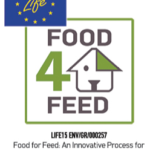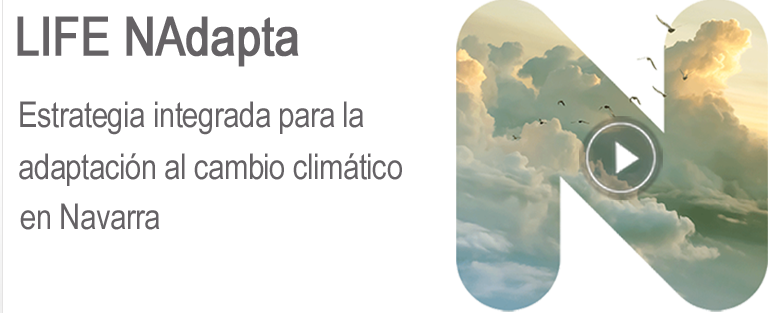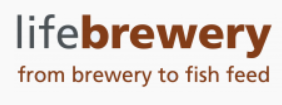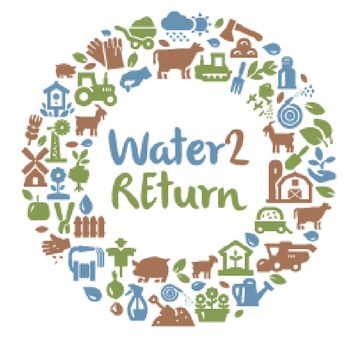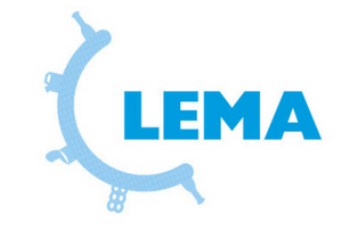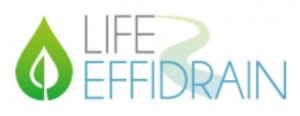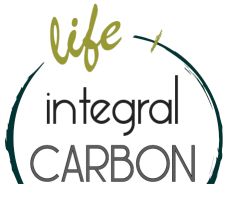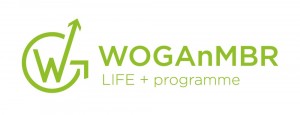NETWORKING
The LIFE VERTALIM project collaborates with other projects with similar goals or methodologies in order to establish synergies and create a network that improves all parts.
LIFE Food4Feed – The main aim of the F4F project is to evaluate an innovative, simple technology and low emissions process that allows the safe transformation of source separated food wastes, mainly from hotels (and generally from the hospitality and food service sectors), into animal feed, utilising an altered solar drying process.
LIFE IP NADAPTA-CC – Towards an integrated, coherent and inclusive implementation of Climate Change Adaptation policy in a region: Navarre “.
The main objective of LIFE-IP NAdapt-CC is to increase resilience to climate change in the Spanish region of Navarre. This will be achieved through the principles of participation (involving all key stakeholders), cross-sectoriality (breaking down divisions between sectors), long-term sustainability (enhancing regional capacities), subsidiarity (decision-making close to citizens) and networking (ensuring successful replication of results).
The objective of the LIFE-Brewery project is to demonstrate an innovative and highly-replicable integrated solution to recover brewery by-products for aquaculture-feed ingredients. As demand of such ingredients is continuously growing, in this project a low-carbon dehydration process will be optimized and scale-up through an innovative combination of mechanical and thermal technologies. Moreover, aquafeed formulas will also be optimized to maximize the inclusion levels in the diet of farmed fish.
Water2REturn is an Innovation Action co-funded by the European Commission under its Horizon 2020 (H2020) programme. It is focused on the recovery and recycling of nutrients from slaughterhouse wastewater in the framework of a Circular Economy model. Nutrients recovered are turned into value added products for the agro-chemical industry and, consequently, for the agricultural sector.
Water2REturn proposes to use a Circular Economy approach to turn wastewater treatment facilities in slaughterhouses into “bio-refineries”.
Life LEMA project submits directives for a strategy of sustainable management of floating marine litter to local authorities, by offering smart tools for the management and collection of marine litter. The project also expects to replicate the service in the areas of Marseille and Bilbao.
Moreover, the project considers forming 3 working groups that will focus on the following themes:
- Contribute to the reach of the objectives of the Marine Strategy Framework Directive.
- Answer the requirements of the new European Funds’ policies for Maritime Affairs and Fishing.
- Optimize collection and management of marine litter in accordance with Territorial Policies.
Life ECOdigestion project aims to validate an innovative technology for the automatic dosage of organic wastes in WWTP anaerobic digesters. This technology will allow the optimization of biogas generation, renewable energy, in order to contribute to the reduction of greenhouse gas emissions through the recycling of food industry wastes
LIFE SEACAN – Reducing the pressure of fish canneries on the marine environment with novel effluent treatment and ecosystem monitoring
The LIFE SEACAN project will demonstrate the feasibility of applying biofilm-based wastewater treatment systems to reduce the impact of the effluents generated from fish canneries located in coastal zones.
LIFE AQUASEF – Eco-efficient technologies development for environmental improvement of aquaculture
The main objective of AQUASEF is to demonstrate, promote and disseminate the use of efficient and innovative, low-emission technologies in the aquaculture sector, especially the inshore modality. In particular, the project will focus on implementing technologies to increase the environmental sustainability of the cultivation cycle of fishes and salt water molluscs, on reducing its carbón footprint and on improving the quality of water.
The objective of the LIFE MCUBO project is to minimise environmental impacts related to water use in the three food industry subsectors with highest water consumption (meat, juices and canned vegetables). This will be achieved through the demonstration at three industrial production plants of an integral management system

